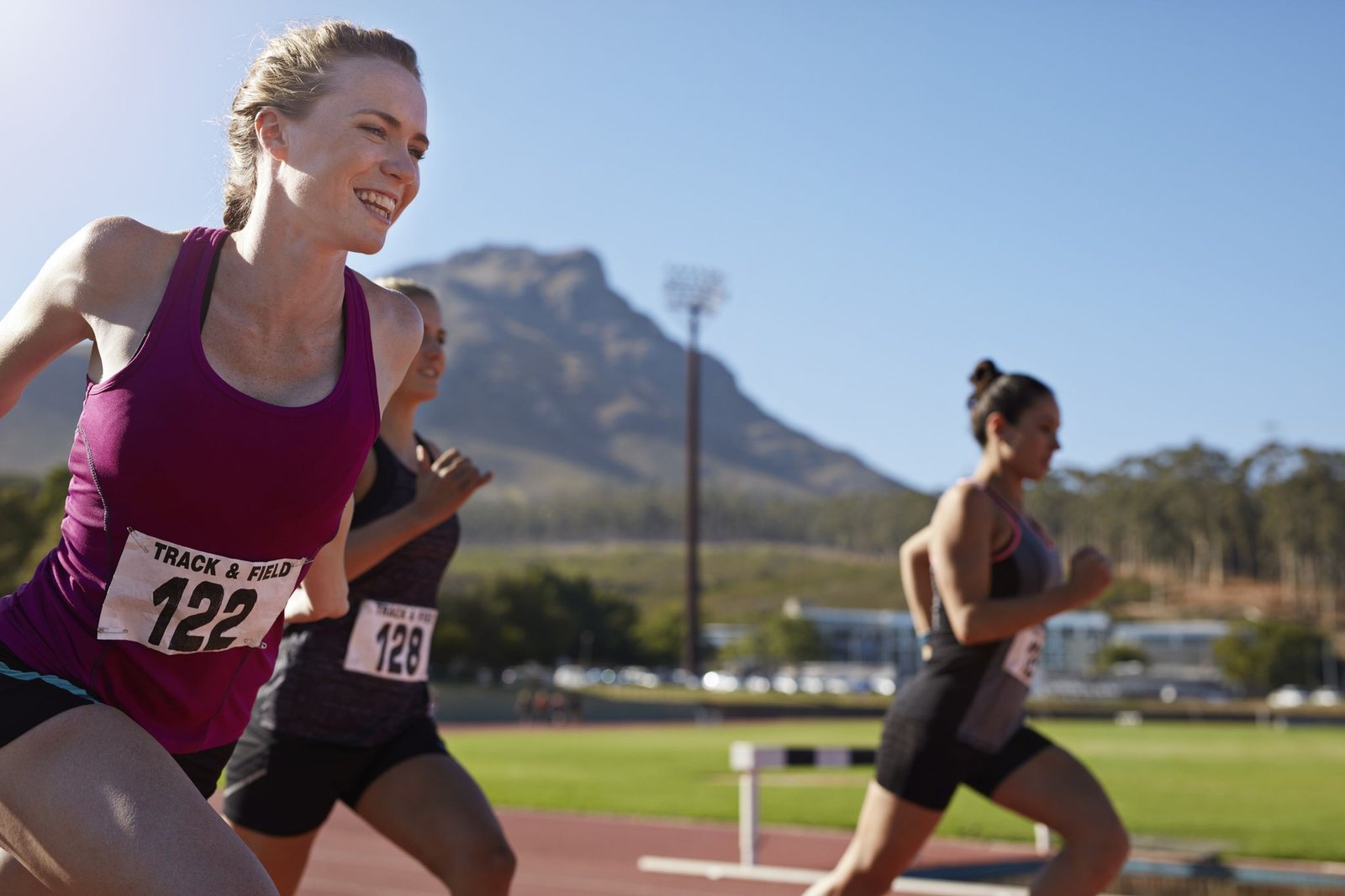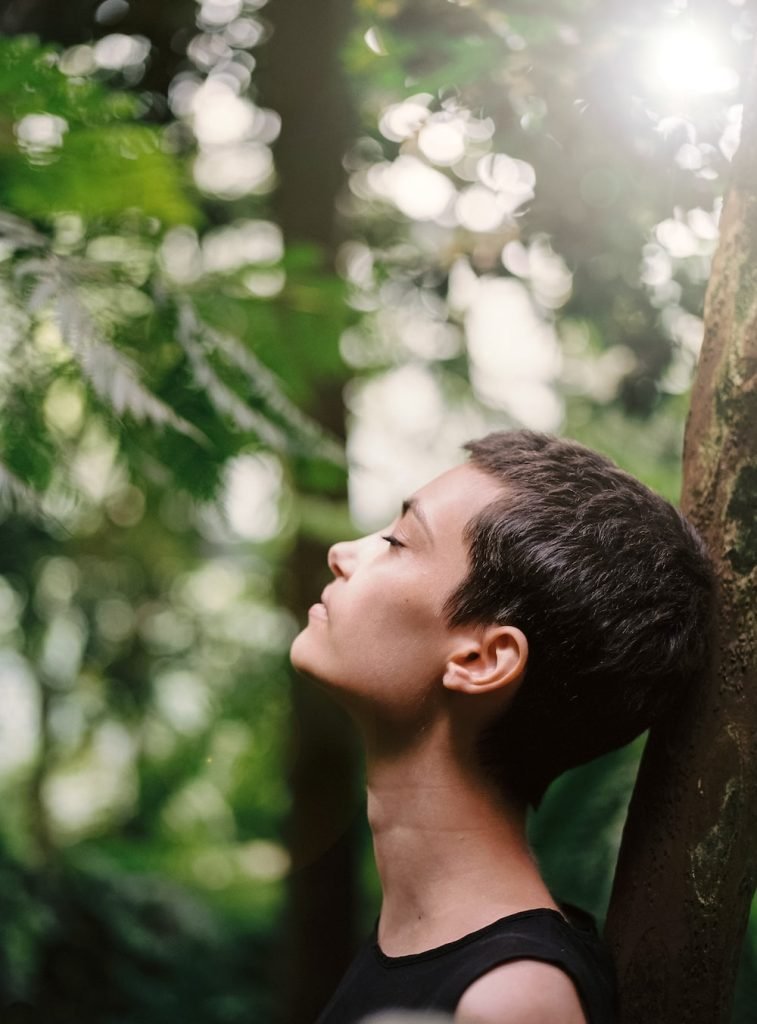Taichi, Chikung and state of flow
Within benefits can provide us Taichi and Chi Kung there is one that could be considered as a precious jewel jade to which we can drive to the practice of tai chi and ChiKung: the state of flow, the full awareness in the present moment, the here and the now.
That moment in which one is perceived as a part of everything and nothing at the same time, flowing in life itself, and that it is the state that some people have been reached in different disciplines, sports, or activities, often overworking bodies and pushing it to their limits. Most have been described that state of flow as the place where they would like to be always, where there is nothing more to do, where existence itself is joy. TaiChi and the ChiKung, are disciplines that allow us to reach these states, whatever our state-of-way and without putting at risk the health or physical integrity, in a progressive way.

What happens in a state of flow?
These are the 8 points Mihaly Csikszentmihalyi describe en su libro ‘Flow: The Psychology of Optimal Experience’ , adapted in this case to the practice of Chikung and tai chi, about the state of flow.
Balance between ability and challenge
If the challenge is greater than the skill, you can pop up the anxiety. If the ability is perceived as superior to the challenge, the individual may get bored. In the Tai Chi and Chi Kung the perception of possessing a superior ability to challenge is a mistaken attitude that comes from the idea that the practice only involves moving the body by drawing certain forms with the feet and the arms.The internal aspects of these disciplines, such as the movement of expansion and contraction, the oscillation of the weight, the Zhan Zhuang (let go of unnecessary tension), the alignment of the structure, the clear intent and his constant attention are the real challenge of the practice.
Union between thought and action
To be so deep in the practice that the movements occur almost without effort and without having to develop complex thoughts to make them. In this state what it going on around us, not distract us, but part of the same flow of movement (internal and external).
Clarity of intent and the feedback without ambiguities
When we are in a state of flux, the intention of the movements and the feedback they give us arise without difficulty and interact in a continuous cycle that energizes and directs the action in each moment.
Concentration on the task
Often our heads walk many various thoughts as we work to develop an activity. For optimal performance, it is essential that we remain fully focused on the task. In a state of “flow”, this happens naturally.
Sense of control
Practitioners experience a sense of total control and all about their actions. It does not mean that everything is coming out perfect. It is, rather, a sense that they can perform without fear of failure because they know that they will go right.
Self-awareness is not based on thoughts
This is invaluable because it streamlines the decision making process and this helps to the concentration and performance. He stops paying attention to automatic thoughts whether positive or negative, doubts and insecurities, and acting completely focused on what is happening in the moment.
““Good and evil cannot bind whom has realized the unity of nature and his or her own being.””
Sri Ramakrishna
Transformation in the perception of time
When you enjoy, the time passes quickly. The same goes with the flow states. It is so involved in the activity that is being done, that the perception of time is blurred.
Autotelic experience

Csikszentmihalyi named this concept by connecting two terms from the Greek: auto (myself) and telos (goal). People autotélicas need only few material possessions and little entertainment, comfort, power, or fame because they are already satisfied with what they are and what they do. Such people experience the state of flow in their work, in your family life, to interact with other people, when eating, even when he is alone, and without anything to do, and thanks to this depends very little on external rewards that others do need to continue leading a life of routine.

